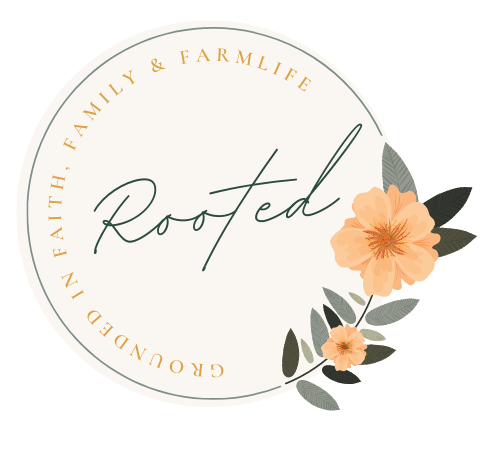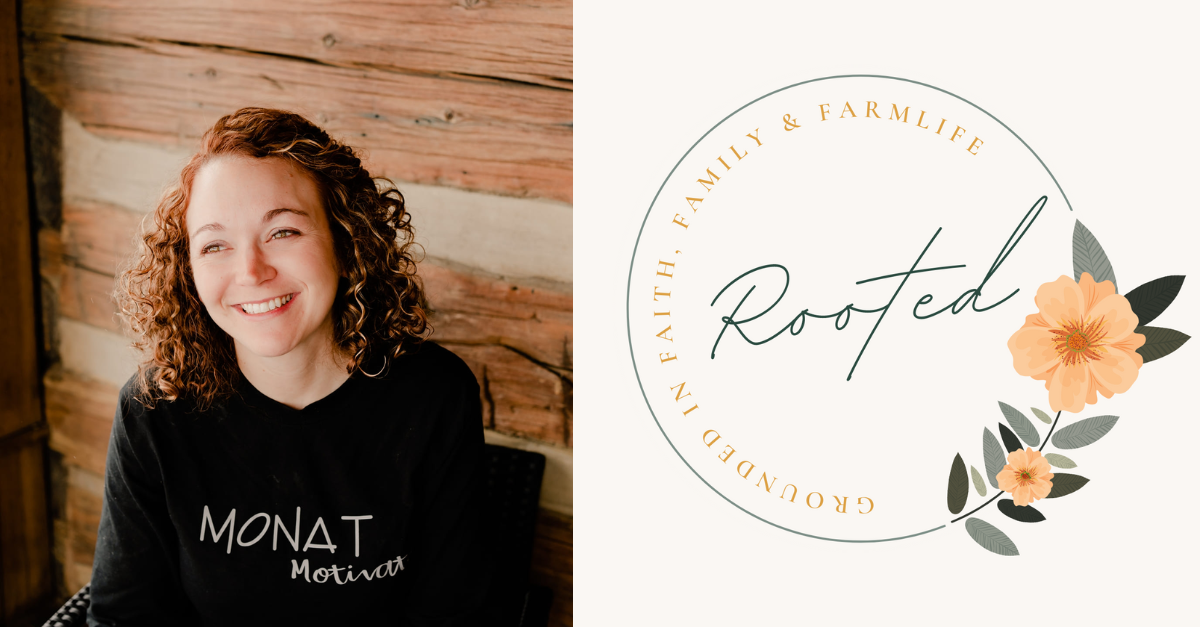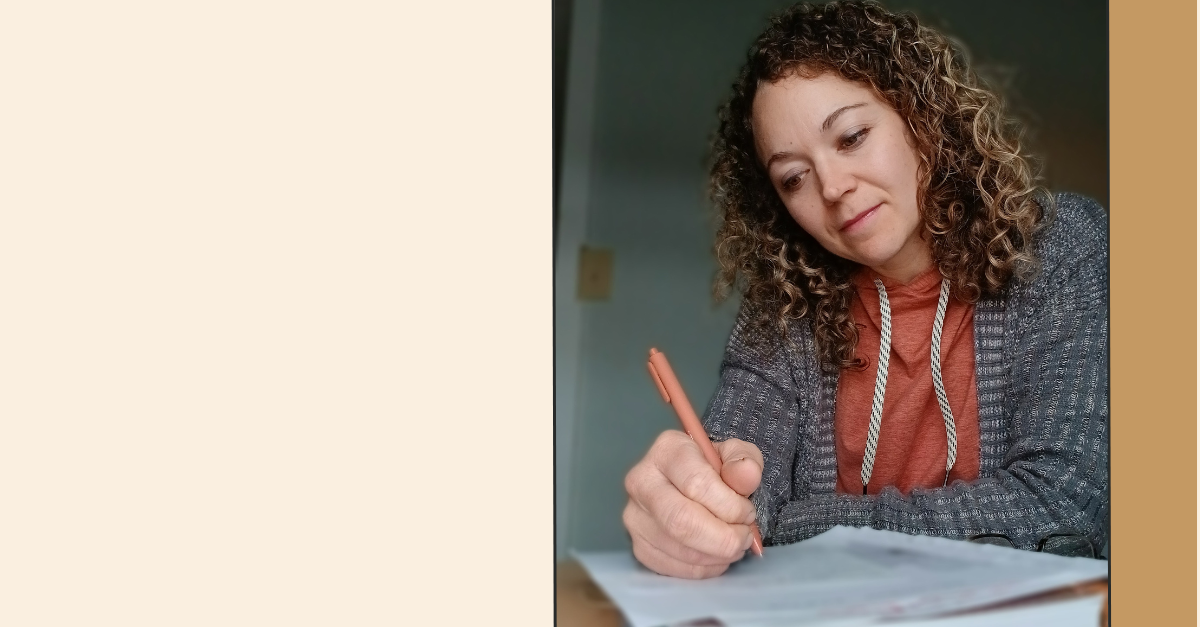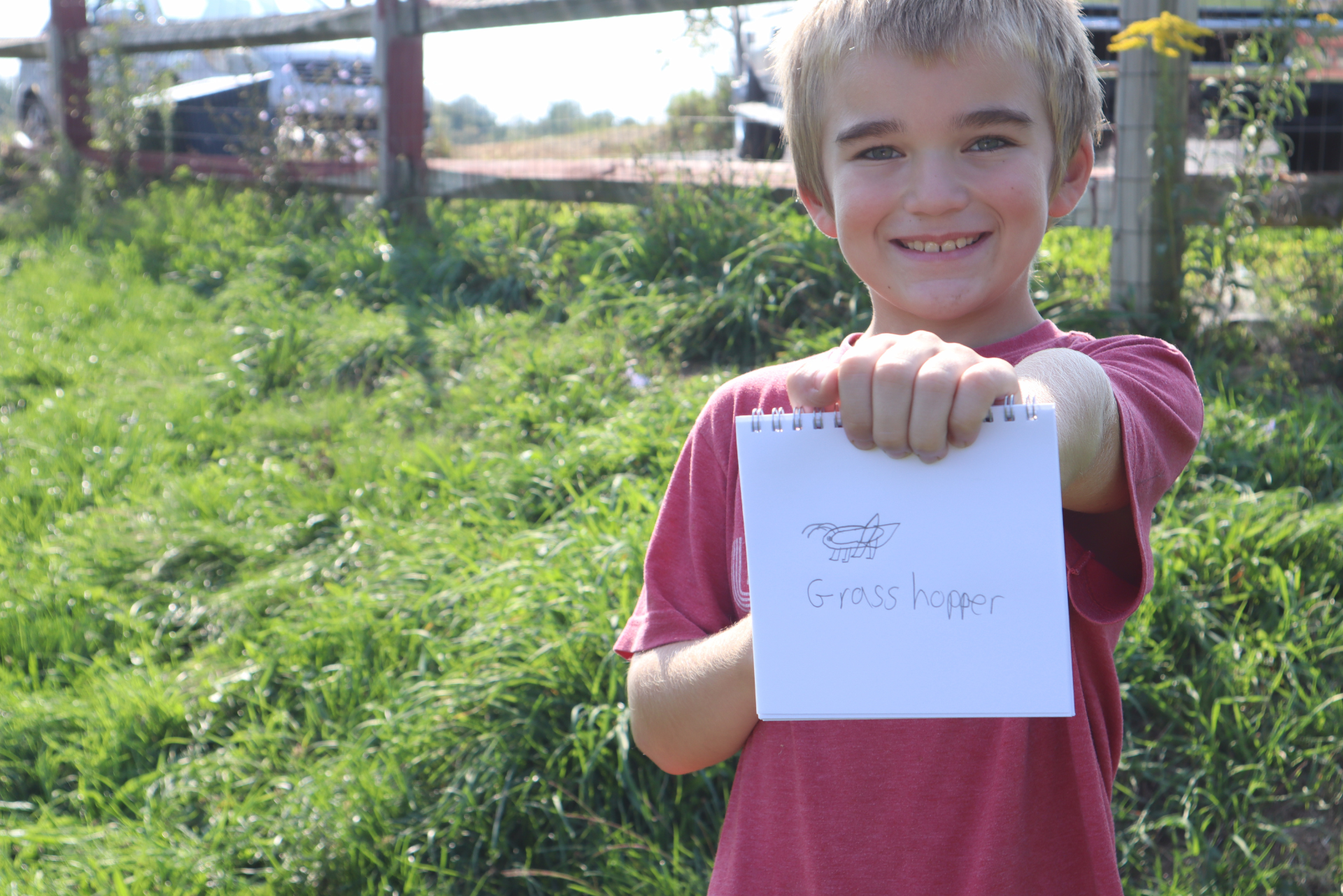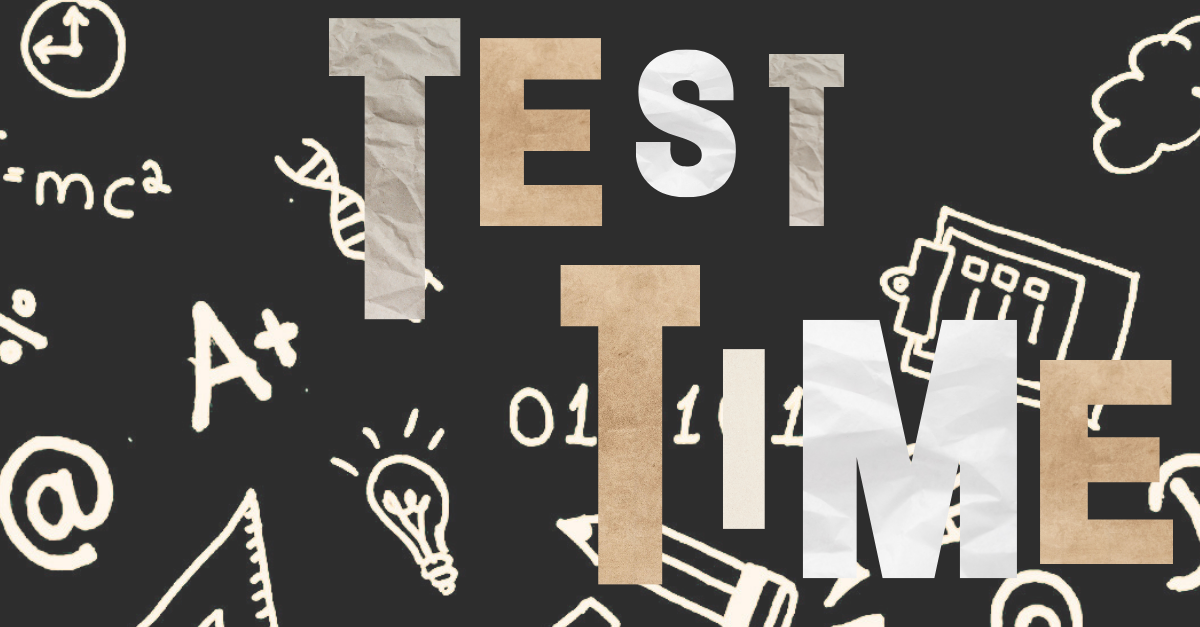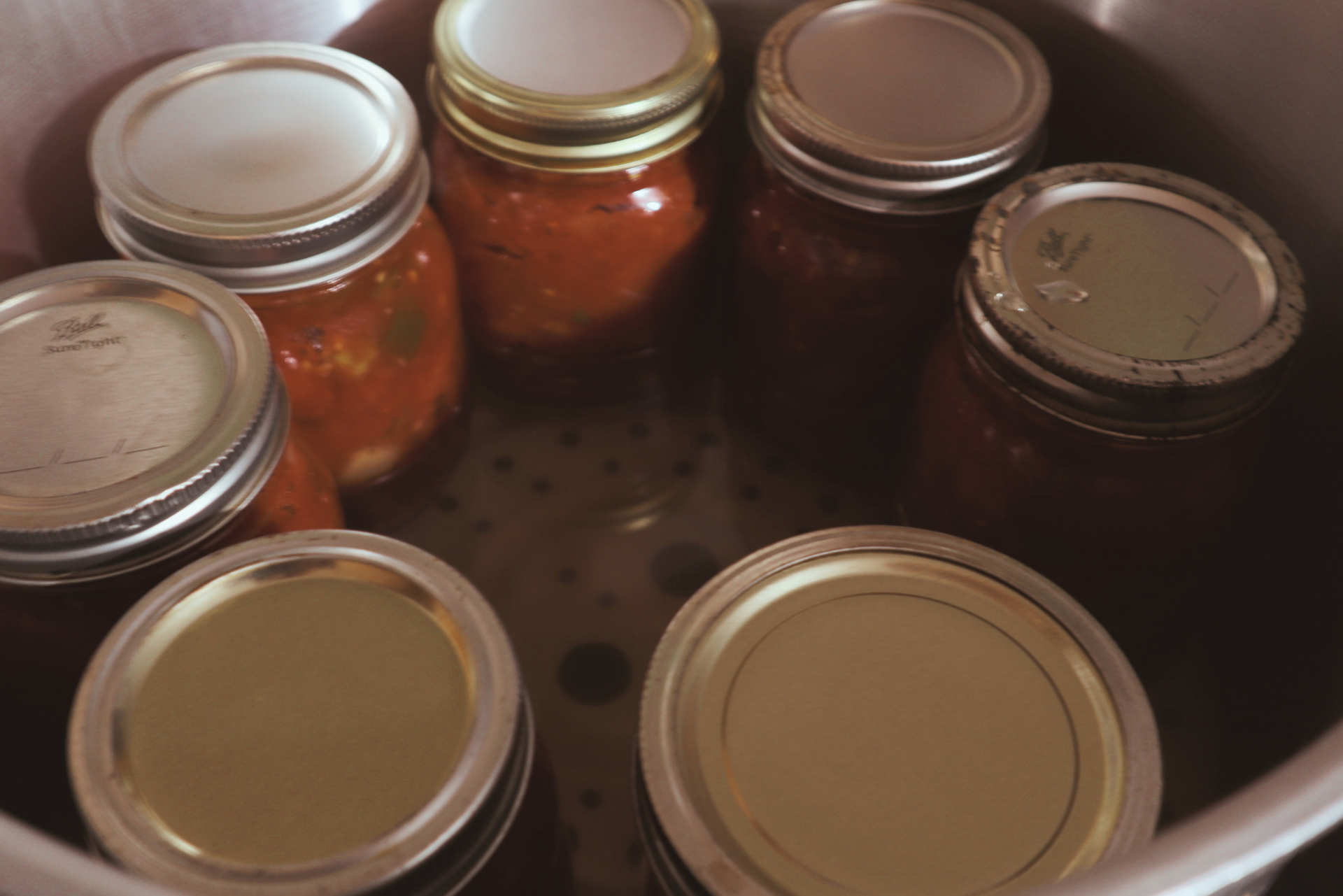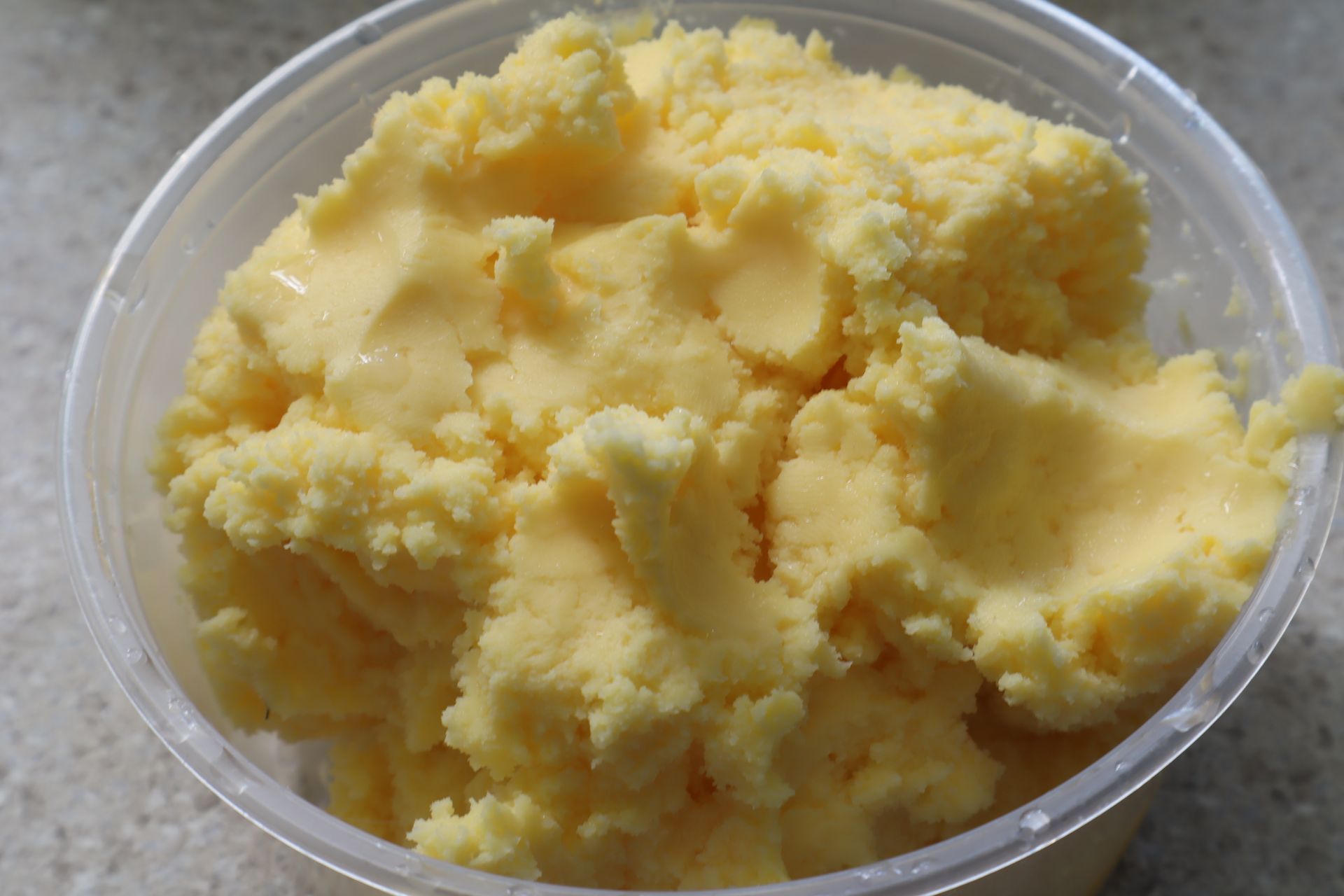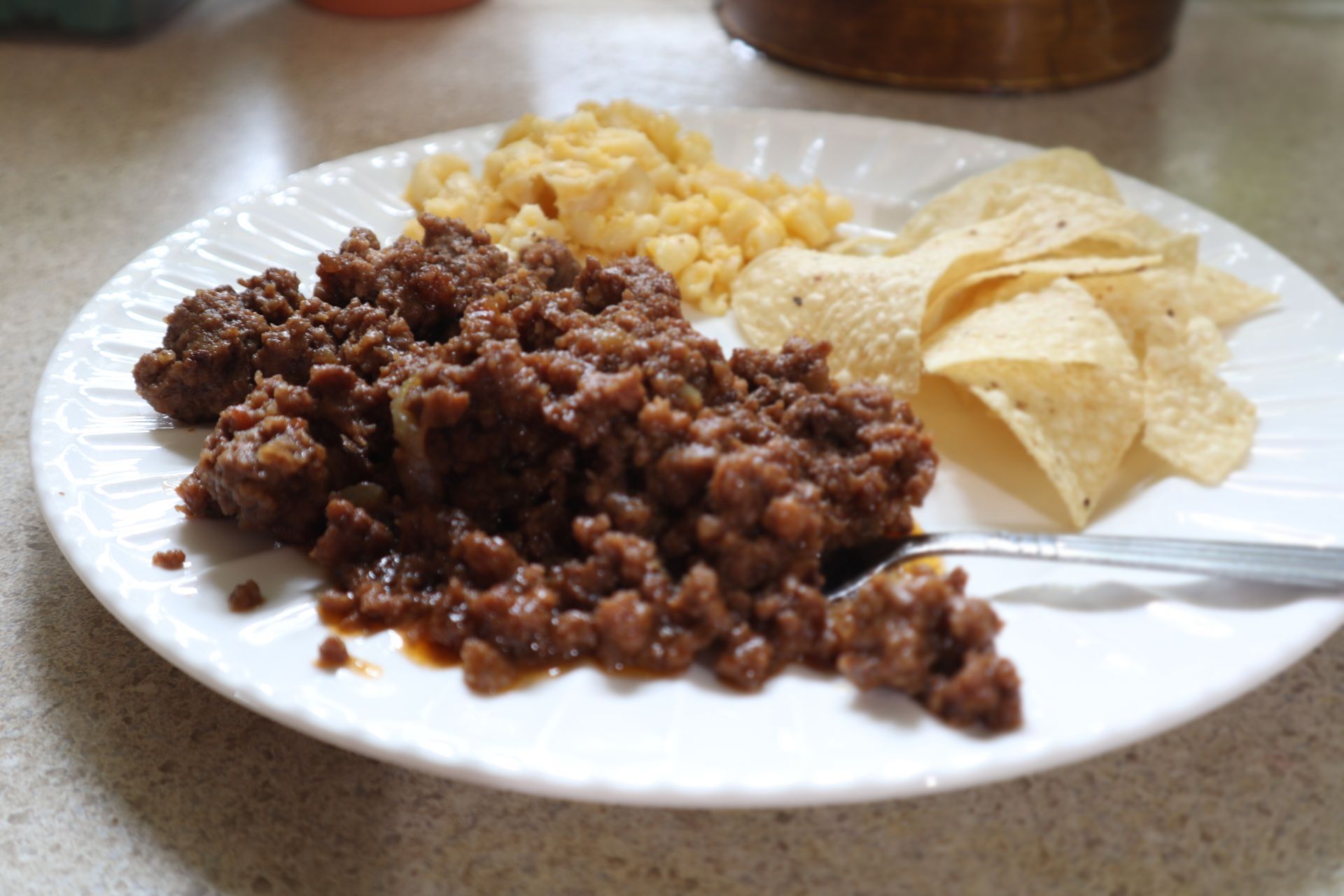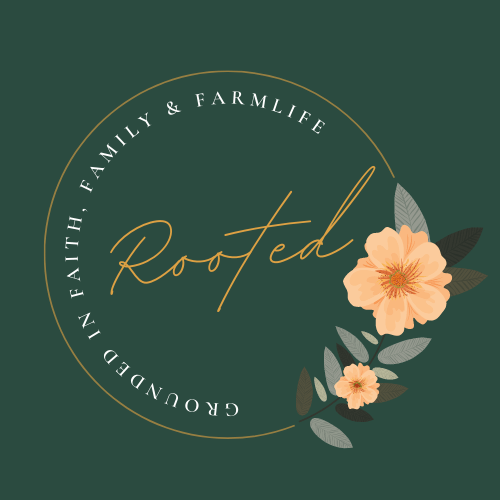Easy Homeschooling - What should my Second Grader "Accomplish?"
How do I Know what they Need to Learn?
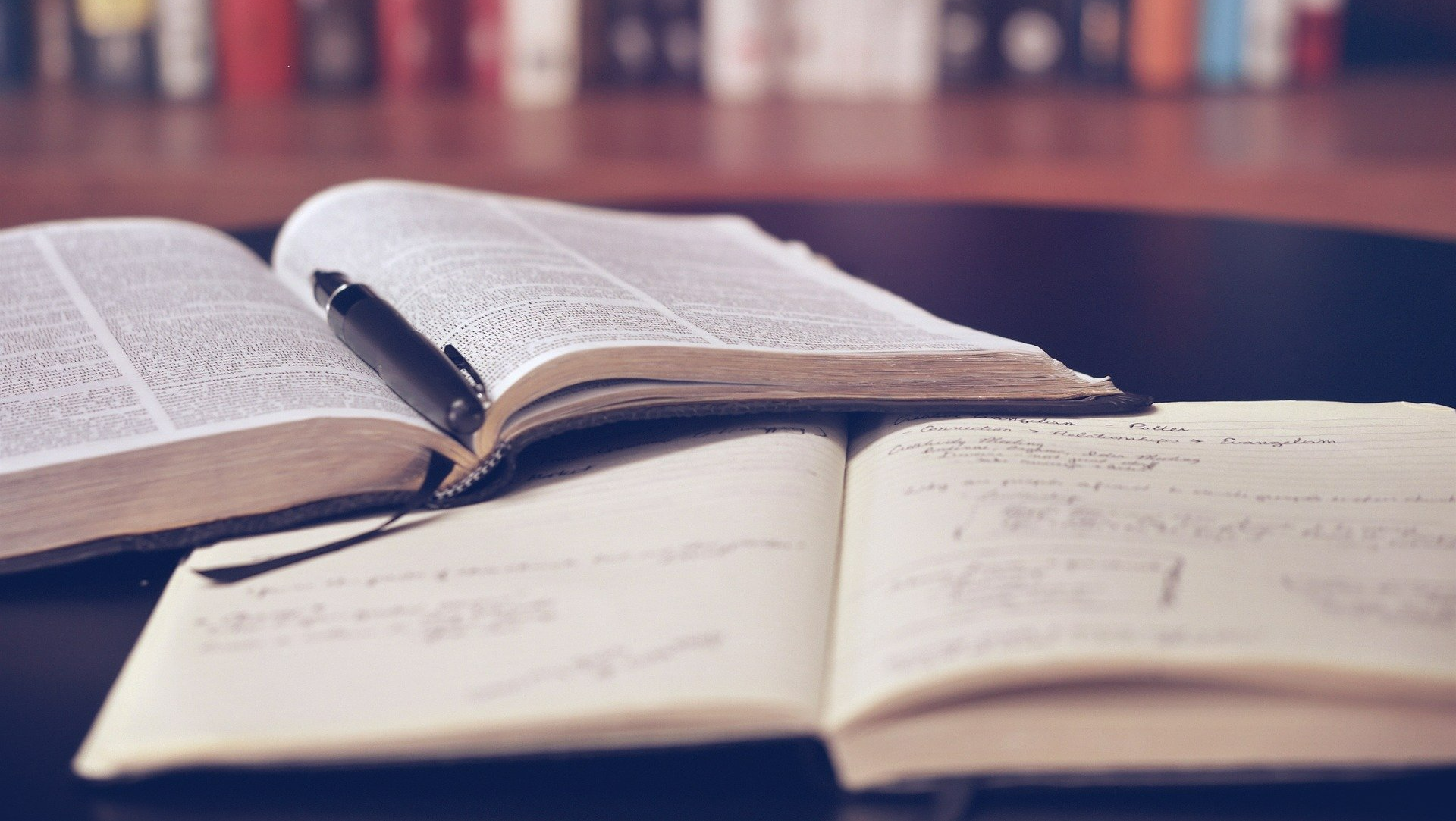
Our second-grade year was our first homeschooling experience and let me tell you this can be so overwhelming because there are so many amazing resources out there! As I devoured all the articles and tidbits, I wanted to create a checklist for what I needed to make sure our boys accomplished not because the school required it per say but because I felt like it would keep me on track!
English: Spelling, Reading and Writing:
- Start reading independently
- Begin to read with more fluency (recognizing words without spelling out)
- Work with spelling lists for enhanced reading and writing skills
- Start to comprehend stories and simple nonfiction while reading independently
- Improve handwriting for neatness and spacing
- Enforce the use of simple punctuation (periods, commas, exclamation points, etc.)
- Write more detailed sentences and paragraphs
- Begin to write brief stories or personal narratives
- Write about material that is read
- Organize stories into a beginning, middle and end
- Knowing and identifying contractions, abbreviations, prefixes and suffixes on a page.
- Be able to find information in text to answer questions
- Begin to write cursive
- Weekly Library visits for new reading material
Mathematics:
- Count beyond 100, up into the thousands
- Start to grasp counting by 2’s and 5’s up to 100
- Expand knowledge of money to counting, making change, and using in real life
- Understand addition and subtraction of two and three digit numbers
- Introduce multiplication and division
- Start to use rulers and other measurement devices
- Understand probability and estimating
- Start to work through more story problems
- Values of numbers (greater than, smaller than, equal to)
- Solve simple problems involving fractions
- Understand how to tell time by the hour, half hour, quarter hour, etc.
- Recognize basic geometric shapes such as cubes, rectangles, spheres, cones and cylinders
- Start to do addition and subtraction by reading simple charts and graphs
- Learn how to measure using inches and feet
Science
- Understand how to make predictions and test those predictions
- Begin to understand the scientific process of observation, inquiry, investigation and problem solving
- Explore the natural resources and elements in the natural world
- Explore the states and physical properties of matter
- Understand how natural resources are used by people in the modern world
- Begin to understand life cycles and the food chain
- Identify the things that distinguish a living thing from one that is non-living
- Recognize what air pollution, water pollution and hazardous waste are
- Begin to grasp Earth science concepts such as rotation, surface features/changes, the moon, the sun and climate
Geography and History
- Gain a deeper understanding of history versus present times
- Gain a deeper understanding of the community around them and their family
- Start to explore the concept of different people around the world having different cultures
- Build an understanding of how laws protect the community and keep people safe
- Examine current events and relate them to how people learn from the past
- Begin to see how goods and services are produced and consumed
- Explore our country’s role in history and how it’s affected by the past
- Learn to find locations and features on a map
Biblical
- Memorization of some simple Scriptures
- Daily Bible reading time
- Understanding of Jesus as savior
Life Skills:
- Cooking: a new recipe each week
- Chores: keeping room clean, folding and putting away laundry, learn to clean bathroom, to sweep a floor and wash the dishes
- How to address an envelope
- Typing Skills
- Fire Safety and Safety in the home
Music / Art
- Learn 10 new hymns
- Weekly art projects based on the seasons
Gym
- Daily outside play and chore time
- Join Mifflinburg Elementary Wrestling
Health
- Learning about how their body works
- Focusing on the importance of hygiene
What did we learn?
So first off, we realized that we had so many ideals and for me that was helpful but when we put together our Evaluators Portfolio we were told we did way more laying out of things then we needed. And we were reminded that the idea of homeschooling is that it doesn't have to be structured like traditional school. We can teach these items through experiences not just through textbooks. As a public school teacher that was an internal struggle that I am still working on! But for our 2022-2023 year I really want to dive into hands on learning and just use texts as reinforcement not the other way around.
If you are curious about what resources we used to get started make sure to check out my Beginning Homeschooling Post.
I'd love to hear what your favorite homeschooling experiences were with your kids.
